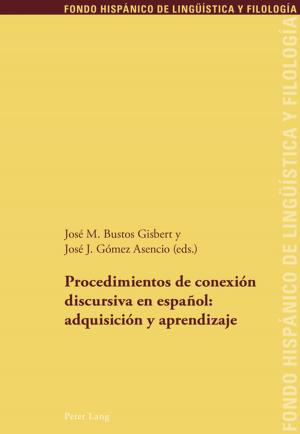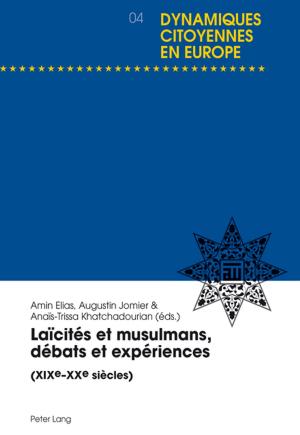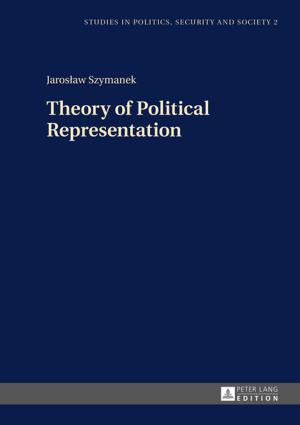Direct Democracy in the Baltic States
Institutions, Procedures and Practice in Estonia, Latvia and Lithuania
Nonfiction, Reference & Language, Law, Comparative, Social & Cultural Studies, Political Science, Government, Civics| Author: | ISBN: | 9783653983982 | |
| Publisher: | Peter Lang | Publication: | February 19, 2015 |
| Imprint: | Peter Lang GmbH, Internationaler Verlag der Wissenschaften | Language: | English |
| Author: | |
| ISBN: | 9783653983982 |
| Publisher: | Peter Lang |
| Publication: | February 19, 2015 |
| Imprint: | Peter Lang GmbH, Internationaler Verlag der Wissenschaften |
| Language: | English |
Over the last decades, provisions for direct democracy have increasingly been added to new constitutions around the world, including in the Baltic States of Estonia, Latvia and Lithuania. Using a comparative legal approach, this book identifies a large set of direct democratic instruments in the Baltics that are being activated either automatically, by public authorities or by the citizens. Although direct democracy should empower the people to share state power and to take political decisions over the heads of their representatives, the results of its practical use between 1991 and 2014 do not confirm these assumptions. Besides informal aspects there are many procedural obstacles in each country that restrict not only the use of such tools but also the chance that the referendum will pass.
Over the last decades, provisions for direct democracy have increasingly been added to new constitutions around the world, including in the Baltic States of Estonia, Latvia and Lithuania. Using a comparative legal approach, this book identifies a large set of direct democratic instruments in the Baltics that are being activated either automatically, by public authorities or by the citizens. Although direct democracy should empower the people to share state power and to take political decisions over the heads of their representatives, the results of its practical use between 1991 and 2014 do not confirm these assumptions. Besides informal aspects there are many procedural obstacles in each country that restrict not only the use of such tools but also the chance that the referendum will pass.















